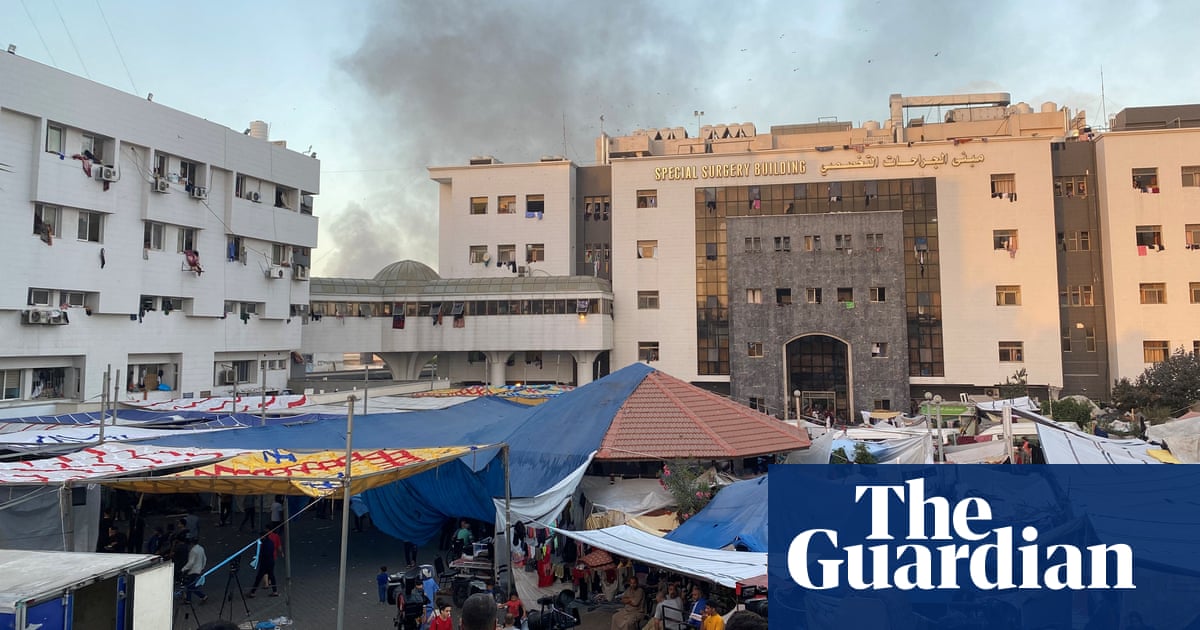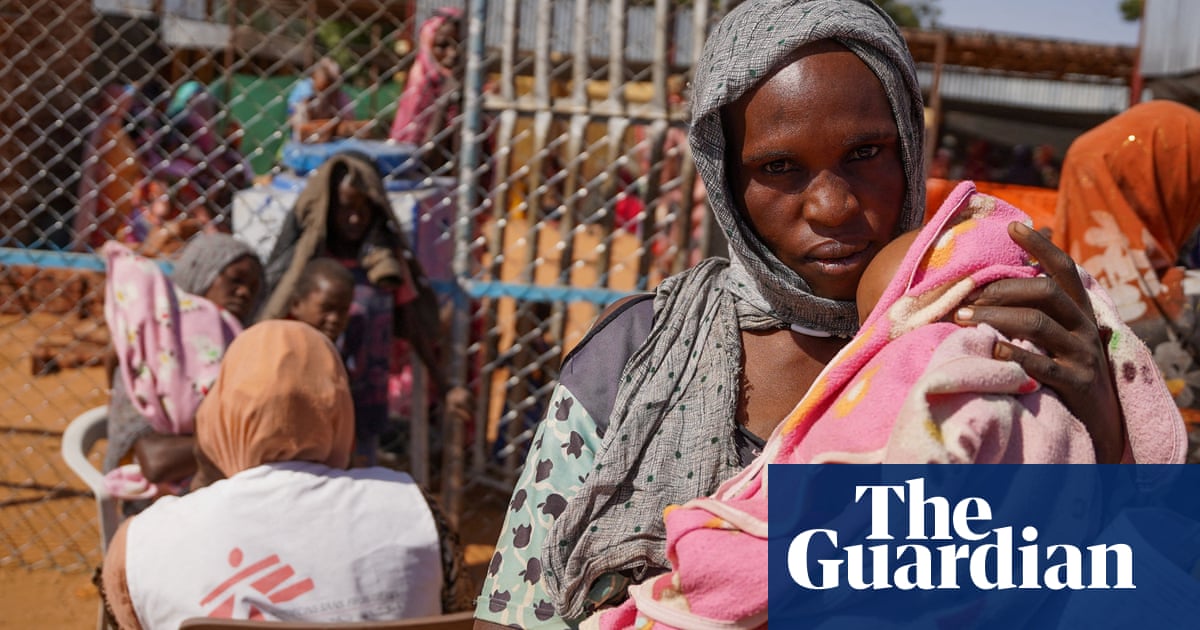
GIHAL ZER, Pakistan: The image of a small, limbless girl lying in a hospital in Ghouta is burned into the memory of Mohammad Fadhl Akram, one of the first people to flee a rebel Syrian city under bombardment from government forces.
Years of siege left the enclave a desperate place, where hungry people depended on the kindness of neighbors for food; where disease lurked in the faltering water supply and where death fell from the sky in a hail of rockets.
“We did not know who was killing us and who wasn’t,” says Akram, now in Pakistan. “The one thing we knew was that they were destroying our city.”
Initially, the violence that has engulfed their adopted country since 2011 did not worry Akram, a Pakistani who arrived in Syria in 1974 and took two wives — a woman from Ghouta, Rabah Jarrad, and Saghran Bibi, a Pakistani cousin.
Then foreign militants came. Two of his sons enlisted in an armed group, while a third was caught up in street violence in 2013.
Akram remembers darkness thickening as the family waited for their son to return home.
When he did, he lay lifeless in the back of an ambulance.
The boy’s mother “could not stand it, she had a heart attack” and died, he says, clutching Rabah’s blue passport.
In 2015 Akram and his family tried to flee. “The armed groups shot at us first, then the government forces, we could not get out.”
Prisoners of the enclave, they found themselves witnessing the progressive annihilation of its population.
Corpses became commonplace as rockets rained down; images of human beings strewn among rubble are seared into his mind.
People with horrific injuries were everywhere.
The sight of a girl “without arms and legs” particularly haunts Akram. “I pray to Allah that he should not show these scenes to any man,” he said.
Increasing deprivation eroded neighborhood solidarity. They scavenged in the garbage for fuel, washed clothes in ash, and as water ran short did not shower for months.
“There was no salt, no sugar, no tea, nothing... We ate leaves,” said Akram.
A livid scar on Akram’s abdomen, which he pulls his white shalwar kameez up to reveal, bears witness to an appendectomy performed without anesthetic in a clinic that lacked both drugs and doctors.
On February 18 this year, Syrian president Bashar Assad’s forces turned their full fury on this hold-out enclave on the edge of Damascus.
More than 1,600 civilians have died since, and 107,000 people have fled, with many using “corridors” opened up by Syrian army troops advancing into rebel territory.
For Akram and Bibi, evacuated in a “humanitarian pause” announced by Russia earlier this month, the increasing desperation of the five-year siege — and the children and grandchildren they were forced to leave behind — will forever haunt them.
The terrifying final month of government bombardment at first brought Bibi a kind of acceptance of the inevitability of death, and she felt stronger.
But her husband began to deteriorate. “He... stopped eating, and even drinking water.”
By chance, they met a journalist, who warned the Pakistani embassy in Damascus of their plight. On March 1, Akram and Bibi were the first residents of Ghouta to be evacuated.
Bibi described their fearful journey out, passing through four checkpoints as planes roared overhead, dropping their bombs on the home they had left behind. “I thought we would not get out alive,” she said. “It is too hard.”
She was so weak that by the third checkpoint she could no longer stand, and had to be given oxygen in an ambulance. “It was so terrifying, we were hungry and thirsty, we had no strength. I could not walk... we had no hope in ourselves.”
At the embassy, horrified officials tried to feed them, cooking Pakistani staples to strengthen their malnourished bodies. At first unable to eat, their strength slowly began to return.
But the grief was setting in. “I was so sad,” Akram sobs. “I left behind 40 years of work, my house, my grandchildren running between my legs.”
Bibi described a toddler at the embassy kissing her as her granddaughter had once done. It felt like a heart attack, she said. “I could not feel where I was.”
Weeks later and thousands of kilometers (miles) away in Pakistan, the couple has not yet adjusted. Motorbikes sound like planes, slamming doors like bombs.
Bibi, still weak, closes her eyes, her face tense as her husband recounts their experiences.
“They are destroyed from within,” sighs their nephew Mohammad Irfan, who has taken them in.
The decision to leave their family was agonizing, and made only after the children begged them to go. “They said, ‘For God’s sake, you leave. We will come later,’” Bibi said.
Three days before he spoke to AFP, Akram was able to call one of his sons in Syria.
“His son told him: ‘We are in the worst of situations, and soon we will not be able to talk to you anymore,’” Irfan said.
Since then, there has been silence from Syria.












